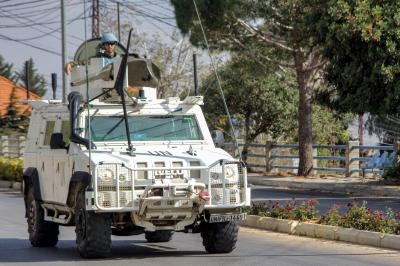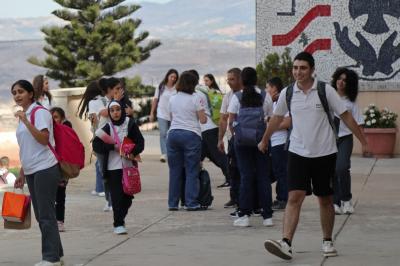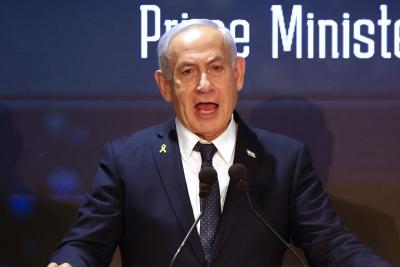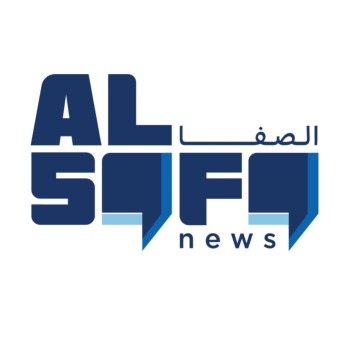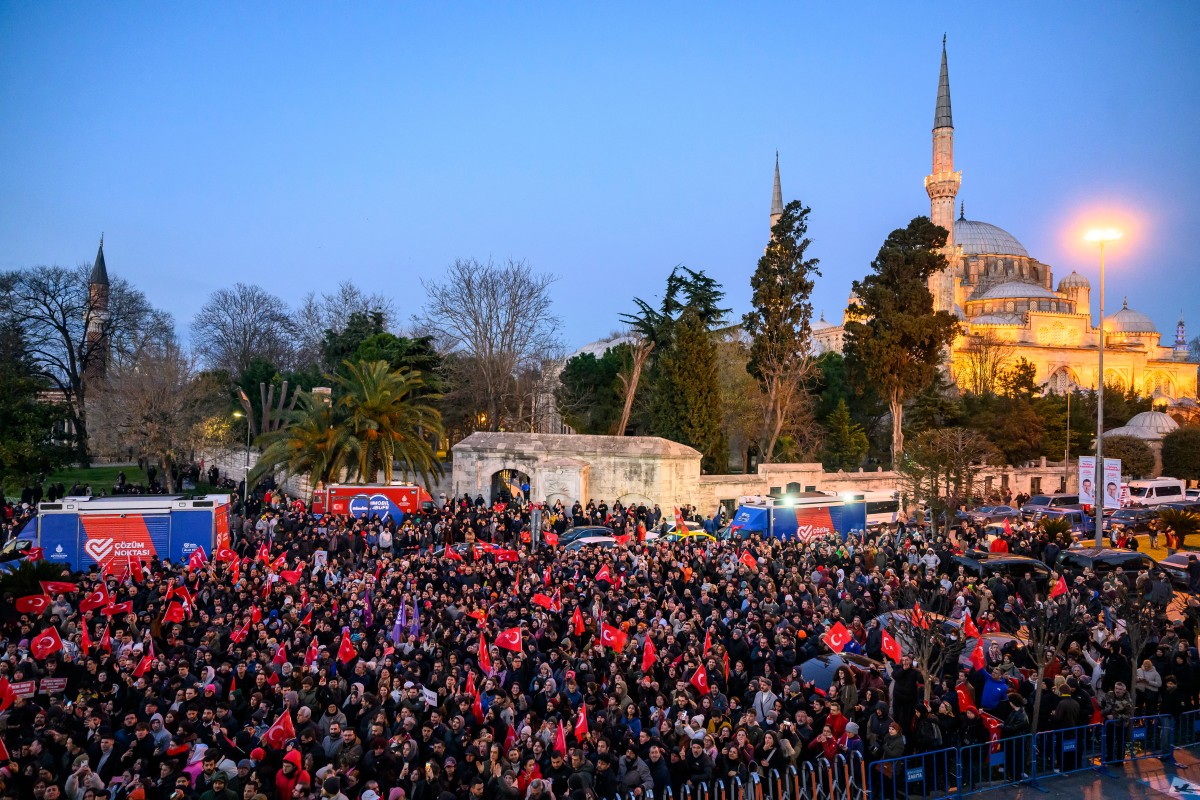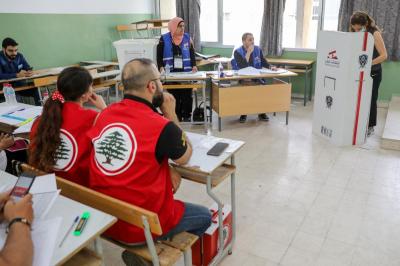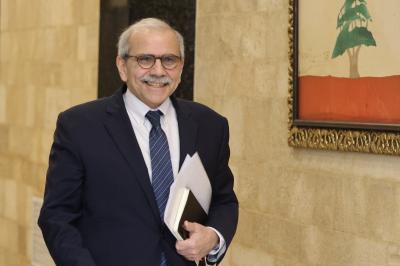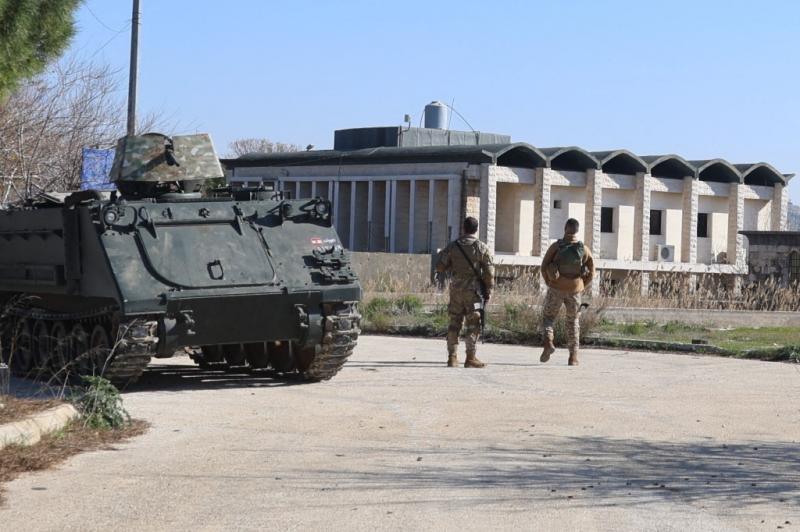Turkey is in turmoil this week following the arrest of Istanbul’s mayor, Ekrem İmamoğlu, a leading opposition figure and potential presidential candidate. İmamoğlu stands accused of corruption and alleged ties to terrorist organizations. His supporters have taken to the streets, denouncing the charges as politically motivated attempts by President Recep Tayyip Erdoğan’s administration to eliminate a formidable rival ahead of upcoming elections.
Mayor of Istanbul since 2019, İmamoğlu was set to be officially named the Republican People's Party (CHP) candidate for the 2028 presidential race on Sunday, March 16. Polls currently show him ahead of Erdoğan.
Now widely regarded as a dictator, Erdoğan has ordered the arrest of social media figures and media outlets accused of inciting unrest. These moves have further fueled public dissent, sparking street protests across the country. To escalate matters, the government has banned public gatherings in Istanbul, blocked roads, and enforced aggressive censorship on social media, severely restricting access.
These developments have had an immediate and damaging effect on the economy. The Turkish lira hit its lowest level ever against the U.S. dollar this week, and financial markets have suffered significant losses. Investor concerns over political instability and growing authoritarianism have led to a mass sell-off of Turkish assets. Investors who had cautiously returned to Turkish markets after Erdoğan backed away from controversial monetary policies that once plunged the country into crisis, were taken aback. In short, Turkey is now facing soaring inflation, a rapidly depreciating currency, and a rising cost of living.
Political concerns, rather than economic ones, may now be taking precedence in President Erdoğan’s decision-making, Turkish economic experts suggest.
Nonetheless, the political landscape in Turkey remains dominated by Erdoğan and his Justice and Development Party (AKP), though they have been significantly weakened by a robust and united opposition, as well as mounting public discontent over economic policy and governance. Local elections and the potential for early general elections are key flashpoints in this climate of political tension.
Another source of tension lies in Turkey’s proactive—often controversial—foreign policy. Among the major challenges are its strained relations with the European Union, its aggressive stance in Syria, and its uneasy position within NATO, of which Turkey is an active member. This membership ties Ankara to the alliance, complicating its attempts to balance relations with both Russia and Ukraine amid the ongoing war.
In conclusion, President Erdoğan is increasingly seen as steering the country toward authoritarianism, raising global concerns over his human rights record. His government has cracked down hard on press freedom, freedom of expression, and civil liberties. International human rights organizations consistently criticize Turkey for its treatment of journalists, political dissidents, and minorities.
Is the Erdoğan era now entering its final sprint toward a totalitarian and intolerant dictatorship?
 French
French

